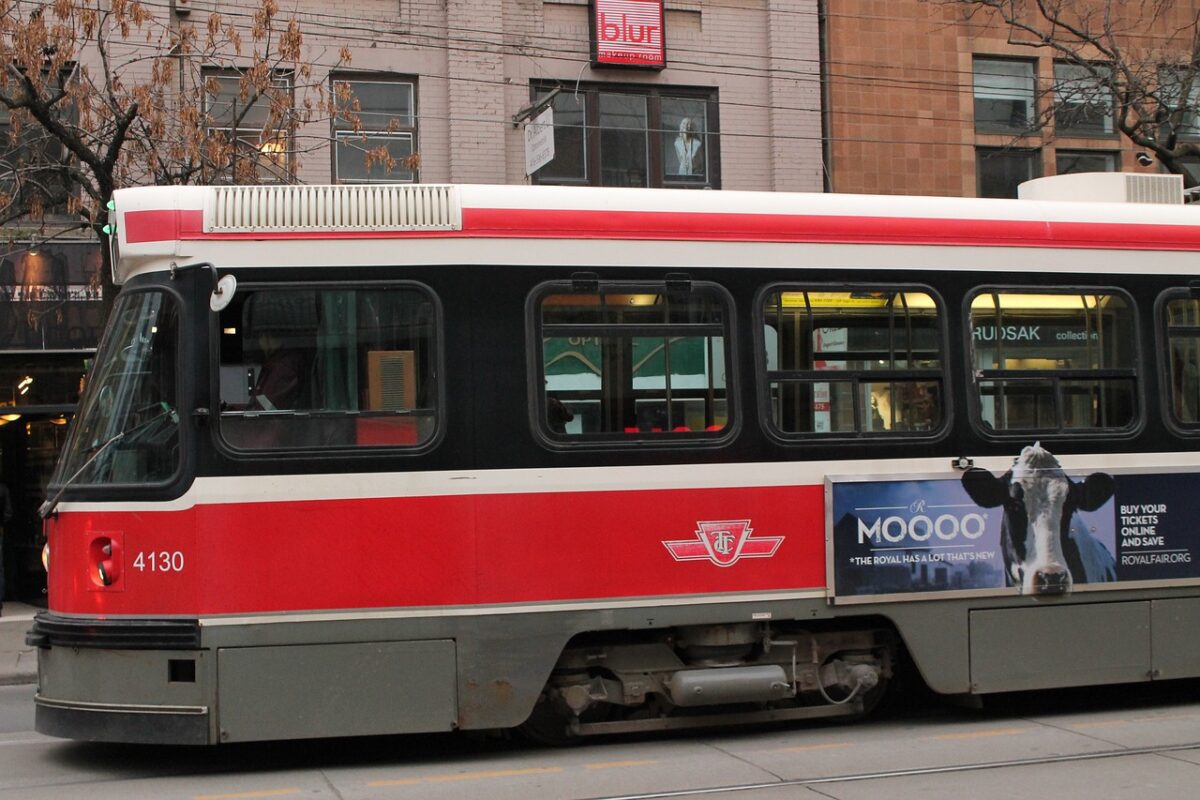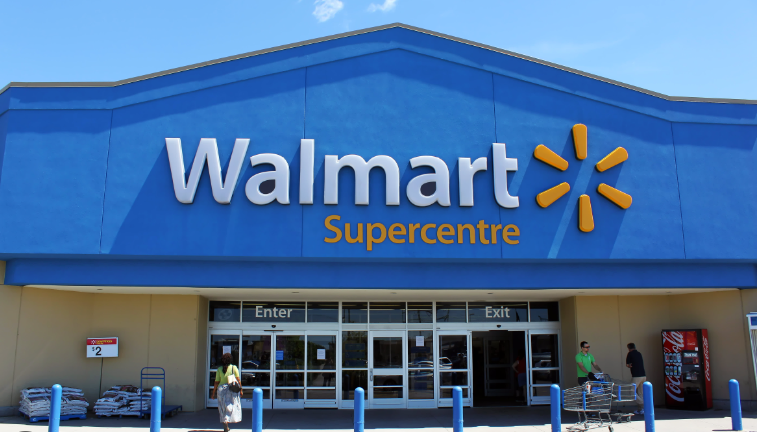Explore Toronto’s financial tapestry in “What Is the Average Cost of Living in Toronto Canada.” From housing to groceries, uncover budget insights.
So, you’re dreaming of diving into Toronto’s vibrant scene, huh? The land of Maple Leaves, poutine, and polite ‘sorrys’ where cultural vibes, job gigs, and city life dance together But before you start practicing your ‘ehs,’ hold your horses because understanding the city’s spending game is like unraveling a mystery novel. Let’s talk money moves in the 6ix, where housing, transportation, groceries, health, and fun all throw punches in the financial ring.
To Meet The Average Cost Of Living In Toronto Canada
Renting or Buying?
It’s like picking between Netflix and a cinema night. Each neighborhood has its own flavor – downtown’s hustle or suburbs’ chill. Your choice? That’s your budget DJ.

Exploring Neighborhoods
Downtown Toronto: Living in the core of the city commands a premium. Expect rental rates in downtown Toronto to hover between $2,500 and $4,500 for a one-bedroom apartment.
Midtown Toronto: Striking a balance between downtown vibrancy and suburban calm, rental prices in Midtown typically range from $2,000 to $3,500 for a one-bedroom apartment.
Suburban Areas: For those on the lookout for more budget-friendly alternatives, suburban areas surrounding Toronto offer a spectrum of choices. Rental costs in these regions can fluctuate from $1,500 to $2,500 for a one-bedroom apartment.
Transportation Choices In Toronto
Getting around? The TTC or your wheels? Monthly passes or gas money roulette? Choose your adventure, my budget-savvy friend.

Public Transit: TTC (Toronto Transit Commission)
Toronto’s primary public transit system, the TTC, offers an extensive network of buses, streetcars, and subways.
Single Fare: A single adult fare for the TTC costs $3.25.
Monthly Pass: For regular commuters, a monthly Metropass is available for $156. Additionally, a Day Pass costs $13.50, allowing unlimited travel for one day.
Go Transit: Regional Commuter Service
For those commuting from the outskirts of Toronto, Go Transit provides regional train and bus services.
Train Fare: A one-way train fare from neighboring cities like Mississauga or Brampton ranges from $6 to $15, depending on the distance.
Bus Fare Bus fares for regional routes vary from $4 to $10.
Uber and Lyft: Ride-Sharing Services
For a more personalized travel experience, ride-sharing services like Uber and Lyft are widely used.
Base Fare: The base fare for both Uber and Lyft starts at $2.50.
Per Kilometer Rate: An additional $0.75 to $2.00 is charged per kilometer.
Per Minute Rate: Expect an extra $0.20 to $0.40 per minute of travel time.
Taxis: Traditional Cab Services
Taxis remain a reliable and readily available mode of transportation in Toronto.
Initial Charge: Taxis charge an initial fee of around $4.25.
Per Kilometer Rate: The ongoing rate per kilometer ranges from $1.75 to $2.25.
Biking: Toronto’s Bike-Share Program
For the environmentally conscious and fitness enthusiasts, Toronto’s Bike Share program is an excellent option.
Day Pass: A day pass for Bike Share costs $7, providing unlimited 30-minute rides.
Monthly Membership: For frequent users, a monthly membership is available at $24.99.
Walking: The Cost-Effective Option
Exploring Toronto on foot is not only cost-effective but also a fantastic way to discover hidden gems.
Cost: Walking is free! Toronto’s pedestrian-friendly streets make it convenient to stroll around and enjoy the city’s beauty.
Grocery Cost in Toronto
Toronto’s grocery bill might make your wallet wince, but fear not! Smart shopping is the secret sauce to keeping both your pantry and taste buds smiling.

1. Local Markets and Discount Stores:
Cost Range: You can snag fresh produce, dairy, and pantry staples at local markets and discount stores. On average, a weekly grocery haul for a small family can range from $80 to $120.
2. Major Grocery Chains:
Example: Popular chains like Loblaws, Metro, and Sobeys offer a variety of choices. A moderate weekly grocery bill for a family of four might fall between $120 to $150.
3. Organic and Specialty Stores:
Cost Range: For those leaning towards organic or specialty items, the grocery bill could inch up. Expect to spend between $150 to $200 weekly for a selection of organic produce and specialty products.
4. Bulk Shopping Stores:
Example: Stores like Costco and Walmart offer bulk deals. If you’re into stocking up, you might spend around $100 to $150 per week, but remember, bulk purchases can stretch over a longer period.
5. Online Grocery Delivery:
Cost Range: The convenience of online grocery shopping might come with a slightly higher price tag. Depending on your preferences and the platform, weekly costs can range from $100 to $150.
6. Local Farmers’ Markets:
Example: Toronto’s farmers’ markets showcase local produce. While prices may vary, you can typically fill your basket for around $50 to $80 per week, supporting local farmers in the process.
7. Discount Days and Coupons:
Cost-Saving Tip: Many stores have discount days or accept coupons. Keeping an eye out for these deals can significantly trim your grocery budget. With smart shopping, you might cut down costs by 10-20%.
8. Meal Planning and Smart Choices:
Cost-Saving Strategy: Planning your meals and making smart choices can impact your budget positively. Consider buying in-season produce and opting for store brands to save a few extra dollars.
Remember
These are ballpark figures, and actual costs depend on your preferences, family size, and dietary choices. Adjust your grocery strategy based on what suits your taste buds and your wallet. So, whether you’re exploring local markets, scouting discounts, or filling your cart online, Toronto offers a variety of options to cater to every budget and culinary preference. So, you can meet the the average cost of living In Toronto Canada
health Costs In toronto, Canada
Health is wealth, they say. Toronto’s got public and private healthcare, and don’t forget the health insurance cameo. Stay wise, stay healthy. Understanding health costs in Toronto, Canada involves navigating a spectrum of medical services and expenses. Let’s delve into the various aspects without delving too deep into jargon.

1. Primary Care:
Cost Range: Visiting a family doctor typically ranges from $50 to $100 per appointment. This cost may vary based on the clinic and your health insurance coverage.
2. Specialist Consultations:
Seeing a specialist can cost more. For instance, a visit to a dermatologist or a gastroenterologist might range from $100 to $200 or more, depending on the complexity of the consultation.
3. Prescription Medications:
Cost Range: The price of prescription medications can fluctuate. A monthly supply of common medications might cost anywhere from $20 to $100, depending on whether generic or brand-name drugs are prescribed.
4. Dental Services:
A routine dental checkup without insurance can cost between $80 to $150. More extensive procedures, such as a filling or a tooth extraction, can range from $100 to $500 or more.
5. Eye Care:
Cost Range : Basic eye examination might cost around $80 to $120. Purchasing prescription eyeglasses can add an additional cost, ranging from $100 to $500, depending on the frames and lenses chosen.
6. Health Insurance Premiums:
If you opt for private health insurance, monthly premiums can range from $50 to $200 or more, depending on coverage, deductibles, and additional services included.
7. Emergency Room Visits:
Cost Range: A visit to the emergency room without insurance can be costly, ranging from $300 to $800 or more, depending on the nature of the emergency and required treatments.
8. Lab Tests and Imaging:
Blood tests or imaging studies like an MRI can range from $100 to $500 or more, depending on the type of test and the facility where it is conducted.
9. Alternative Therapies:
Cost Range: Seeking alternative therapies, such as acupuncture or chiropractic services, might cost between $50 to $150 per session, depending on the provider and the duration of the session.
10. Mental Health Services:
Sessions with a psychologist or counselor can range from $80 to $150 per hour, while psychiatrist consultations might cost more, ranging from $150 to $300 or higher.
It’s essential to note that these figures are estimates, and actual costs can vary based on factors such as health insurance coverage, individual health needs, and the healthcare provider chosen. Additionally, public healthcare in Canada covers many services, but certain expenses may not be fully covered. Navigating the healthcare landscape in Toronto involves considering your health needs, exploring insurance options, and making informed choices based on your budget and priorities.
the Nightlife in Toronto
Living in the heart of Toronto means you’re the VIP guest at the entertainment party. But be warned, nights out can morph into budget busters. Juggling act? Absolutely! Living in downtown Toronto brings both the vibrancy of city life and the reality of costs. Let’s break down some common expenses for a resident enjoying night outs:

1. Rent for a Downtown Apartment:
Living in the heart of Toronto means rental prices can vary. A one-bedroom apartment might cost you anywhere from $2,000 to $3,500 per month.
2. Dining Out:
Grabbing dinner at a mid-range restaurant downtown could set you back around $30 to $50 per person, depending on your choices.
3. Entertainment and Events:
Enjoying concerts, shows, or sporting events downtown can range from $50 to $200 per ticket, depending on the event and seat location.
4. Nightlife and Bars:
A night out at a downtown bar or club might cost you approximately $50 to $100, factoring in drinks and cover charges.
5. Transportation:
Getting around downtown may involve using public transit or rideshares. Expect to spend around $3 to $30 depending on the distance and mode of transportation.
6. Late-Night Snacks:
Satisfying those post-night-out cravings with late-night snacks could cost around $10 to $20, depending on your appetite.
7. Gym Memberships:
Staying fit in downtown Toronto may involve a gym membership, with costs ranging from $30 to $100 per month depending on the facility.
8. Coffee and Cafes:
Enjoying a cup of coffee at a local cafe might cost around $3 to $5, depending on your choice of beverage.
9. Groceries and Convenience Stores:
For everyday needs, grocery costs for a single person may range from $200 to $400 per month, depending on your shopping habits.
10. Utilities and Internet:
Monthly utility and internet costs for a downtown apartment could range from $100 to $200, depending on usage and service providers.
Living in the heart of Toronto offers a dynamic lifestyle, but it’s essential to budget for the expenses to meet the average cost of living in Toronto Canada. The figures provided are estimates, and actual costs can vary based on personal choices and preferences.






